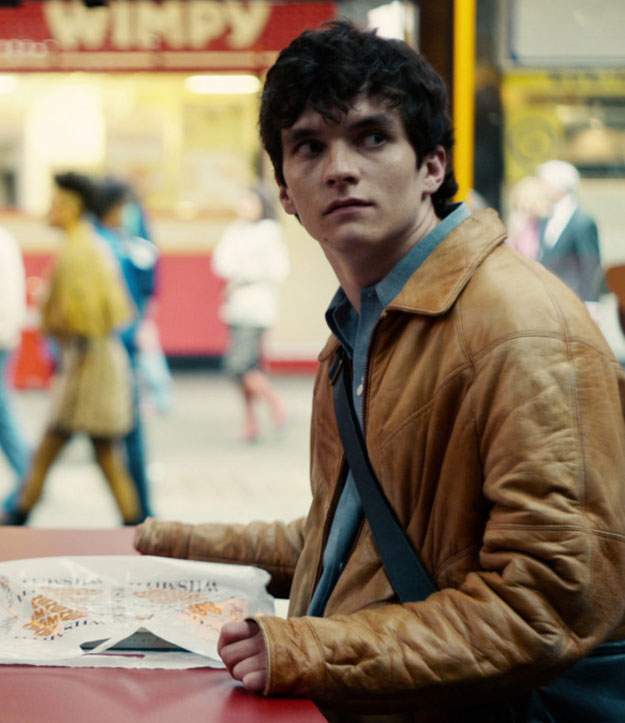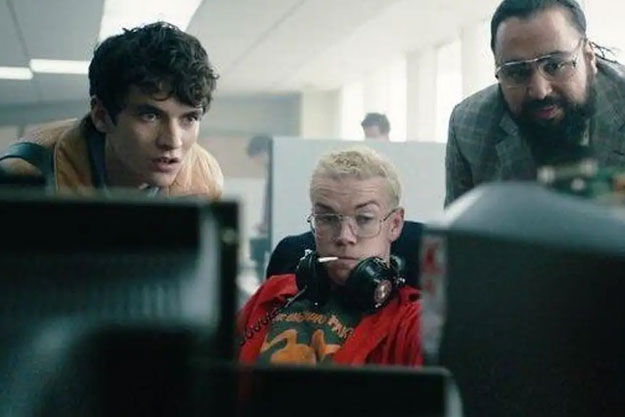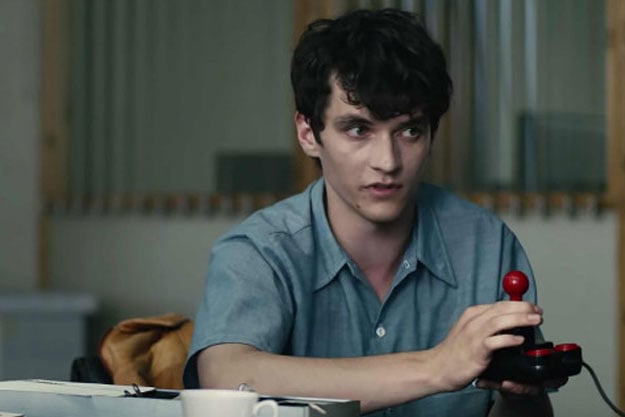Bandersnatch: Sartre, freewill and beyond the ‘Black Mirror’
This is the future of storytelling: engaging, interactive and letting one choose their own adventure

PHOTO: NETFLIX
As the stakes of the choices we make for our protagonist go higher, the lines between his reality and the game’s multiple pathways begin to blur.
With Bandersnatch and its arguably gimmicky interactive format, creator Charlie Brooker has somehow made the most philosophically disturbing and possibly the most fun episode of his magnum opus Black Mirror.
 PHOTO: NETFLIX
PHOTO: NETFLIXUnlike previous offerings of the show, Bandersnatch doesn’t only explore how technology would affect its characters. Instead, the lines have literally blurred and its impact has extended across the ‘Black Mirror’ of our screens: to the viewers.
There are two ways to understand Bandersnatch: the protagonist’s perspective and the viewer/controller’s perspective. Various dilemmas intersect yet differ in each case as we control how Butler’s story progresses. In fact, the whole experience is a sort of synecdoche – the programmer represents every one of us in that he thinks he is a free man but instead, he has a controller. We are his gods.
Employing the Simulation Hypothesis, which states that all of reality is in fact an artificial simulation created by a super-programmer, Bandersnatch hands us the controller to dictate Butler’s simulated reality. And in one of the multiple pathways the film offers, the moment Butler realises he is not in the driver’s seat of his life, is the moment we question the same.
 PHOTO: NETFLIX
PHOTO: NETFLIXThe domino effect carries on in loops in all the pathways we explore, with each decision we make, each ending we come to, only raising more questions about our authority.
In French existentialist philosopher Jean-Paul Sartre’s 1938 novel Nausea, a dejected historian Antoine Roquentin realises that he is a free agent in a world devoid of meaning, leaving him struggling with his intellectual and spiritual freedom. Bandersnatch inverts the dilemma with Butler’s realisation of the lack of freewill.
Roquentin struggles with the dilemma of the newly-realised freedom in an absurd, random and meaningless existence and what to do with it. However, in Bandersnatch, here is a man who has been living his life assuming he is free and in control and finally realises he is being controlled by somebody: us.
 PHOTO: NETFLIX
PHOTO: NETFLIXThe presentation in the form of a game isn’t particularly original. Black Mirror has explored the gaming idea in an earlier episode titled Playtest. In that, Bandersnatch is perhaps a more ‘meta’ extension. However, its multiple pathways and interactive nature takes us way beyond what Playtest could. It’s not as gimmicky as some would make you believe and serves to explore the already discussed philosophical issues.
The classic trolley problem thought experiment in ethics puts us in control of a lever which controls the tracks. A runaway trolley approaches and on one track, five people are tied and on the other, a single person lies. The experiment asks us to make an ethical decision: to do nothing and let the trolley run over five people or switch the track and kill one man.
 PHOTO: NETFLIX
PHOTO: NETFLIXI would like to believe Bandersnatch is also a modern, digitised, 21st century version of the trolley problem. The only difference is that Bandersnatch takes things far beyond “who to kill” and makes us reflect on the “how” and “why” of every decision we make. Here, our ability to choose, think, and act voluntarily suppresses that of Butler, our protagonist.
To sum it up, Bandersnatch doesn’t only pay homage to the actual 1984 homonymous game but spins it around to give you an experience full of existential dread.
 PHOTO: NETFLIX
PHOTO: NETFLIXEach ending somehow falls in a different genre, much like the parallel universes whereas Roquentin exclaims, “anything can occur, anything can happen.”
While the world has been distracted by the Bird Box Challenge (thanks to Sandra Bullock-starring Netflix film Bird Box), Bandersnatch is quietly leading the way towards the future of storytelling: a more engaging, interactive experience where you choose your own adventure.
Have something to add to the story? Share it in the comments below.



















COMMENTS
Comments are moderated and generally will be posted if they are on-topic and not abusive.
For more information, please see our Comments FAQ